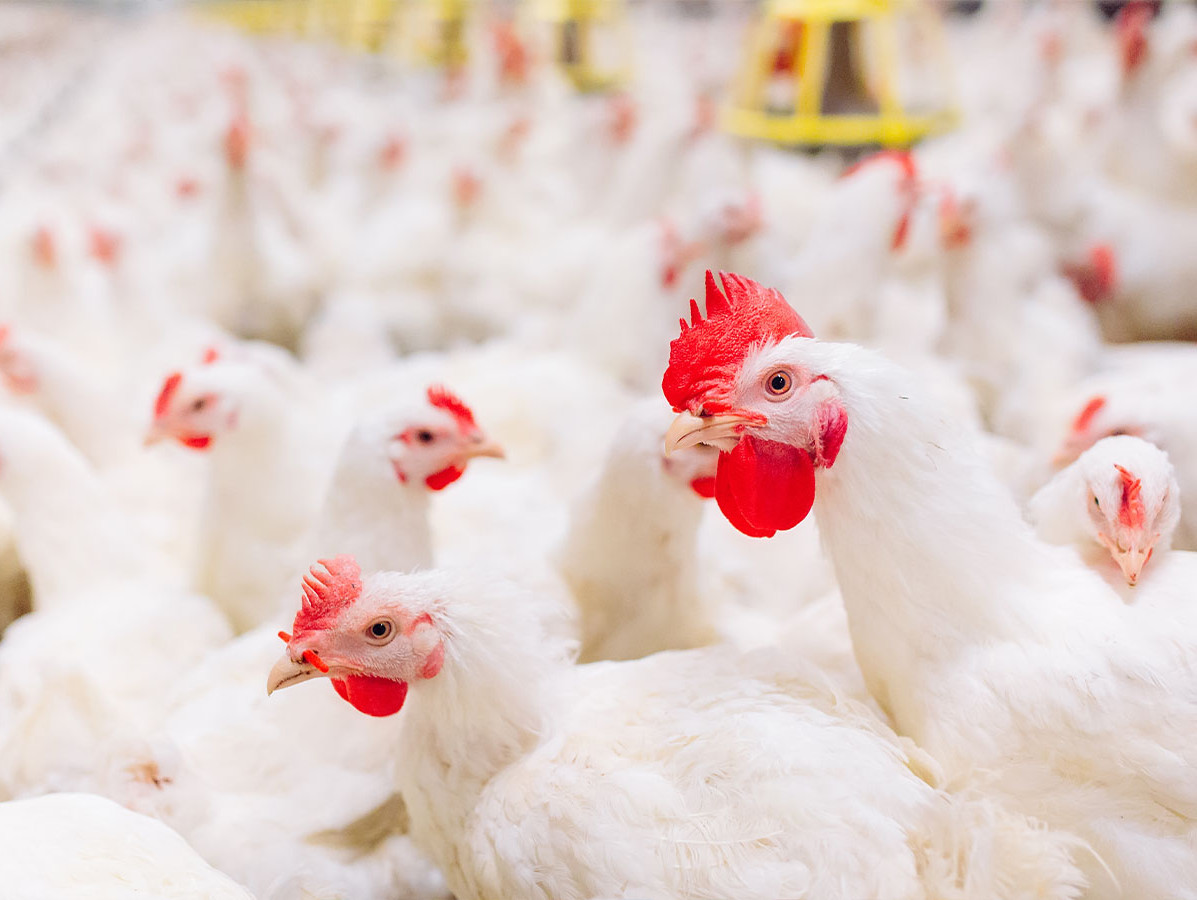
A new study reveals shocking cost increases for chicken meat in the EU due to stricter animal welfare standards. The introduction of the European Chicken Commitment (ECC) threatens not only to raise prices but also to have significant economic, production, and environmental consequences.
Many European companies, from supermarkets to hospitality businesses, have already committed to the ECC. This means that from 2026, they will need to meet various requirements, such as using slower-growing chicken breeds, lower stocking densities, and enrichment materials. AVEC commissioned an independent impact study by RSK ADAS Ltd (ADAS) to investigate the potential consequences of fully transitioning to ECC standards.
Birthe Steenberg, Secretary General of AVEC, highlights the unique aspect of this study: “This study focuses on calculating costs per kilogram of meat, which better reflects market realities.” Jason Gittins, Technical Director for livestock at ADAS, adds: “Earlier studies often underestimated the true impact of transitioning to ECC standards due to differences in meat yields between standard and ECC production.”
The study “Costs and Implications of the European Chicken Commitment in the EU” shows that fully transitioning to ECC standards would increase production costs by 37.5% per kilogram of meat. Additionally, water consumption would rise by 35.4%, amounting to an extra 12.44 million cubic meters per year. Feed consumption would increase by 35.5%, which is an additional 7.3 million tonnes. Greenhouse gas emissions per kilogram of meat would rise by 24.4%. Furthermore, there would be a 44% reduction in total meat production compared to current methods. To maintain current production levels, 9,692 new poultry houses would be needed, with an estimated cost of €8.24 billion.
These changes in production will inevitably lead to higher prices, making chicken meat unaffordable for many consumers, or there will be a drastic increase in imports from third countries with lower animal welfare standards. AVEC’s President, Gert-Jan Oplaat, emphasizes the importance of consumer choice and informed decision-making: “While the ECC aims to improve animal welfare, it is crucial to recognize that these improvements have significant economic and environmental impacts.”
AVEC reaffirms the EU poultry sector’s commitment to continuous improvement of animal welfare in balance with sustainability. The association advocates for the development of output-based animal welfare indicators, grounded in scientific and objective criteria to assess welfare performance. They also call for effective farm management, comprehensive farmer training, and a framework that encourages progress through realistic and achievable goals.
Birthe Steenberg concludes: “Sustainability requires a delicate balance between its three pillars. Improving animal welfare is important, but it is also essential to consider the economic and environmental impacts.” The EU poultry sector remains dedicated to providing high-quality, accessible chicken meat produced to the highest standards in the world. Policymakers are encouraged to consider the study’s findings when making decisions about chicken meat production standards.
Source: AVEC